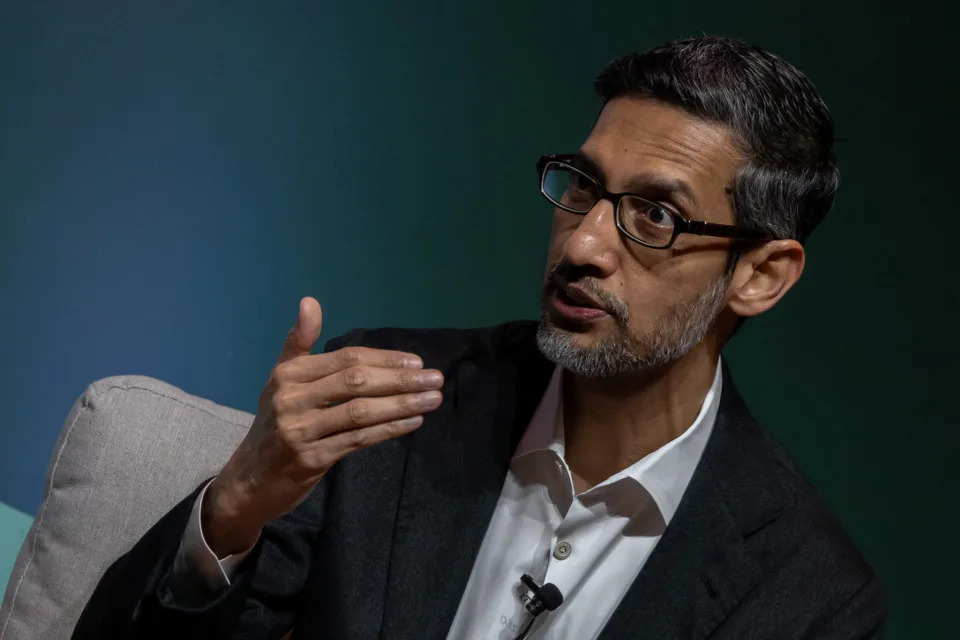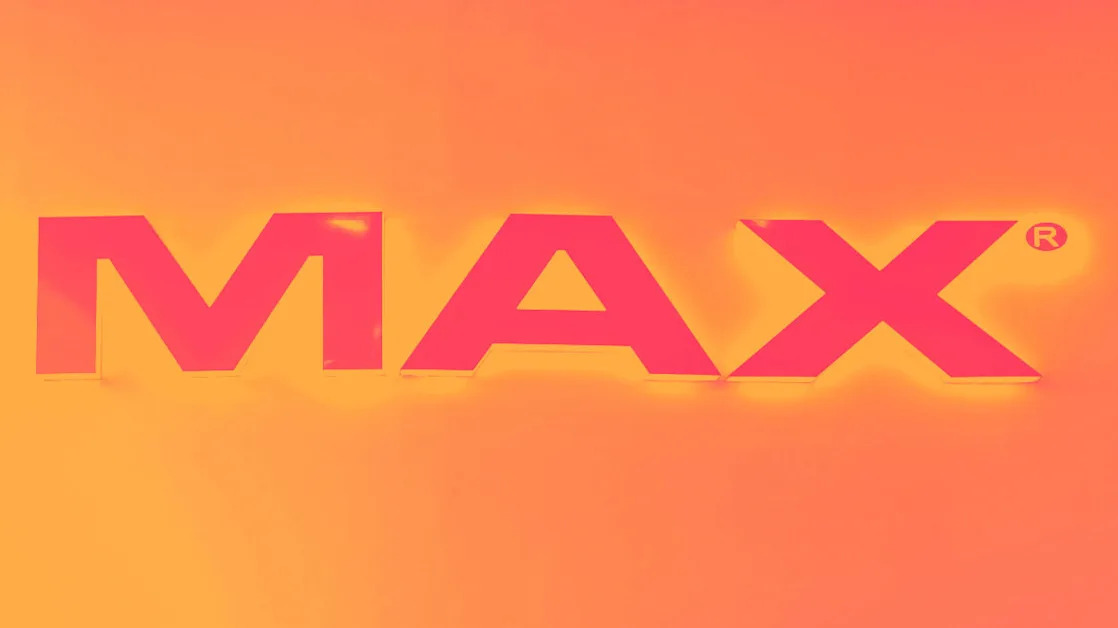The bedrock of Google’s ( GOOG , GOOGL ) empire sustained a major blow on Monday after a judge found its search and ad businesses violated antitrust law.
The ruling, made by the District of Columbia's Judge Amit Mehta , sided with the US Justice Department and a group of states in a set of cases alleging the tech giant abused its dominance in online search.
"Google is a monopolist, and it has acted as one to maintain its monopoly," Mehta wrote in his ruling.
The findings, if upheld, could outlaw contracts that for years all but assured Google's dominance.
Google said it planned to appeal the decision, which it said "recognizes that Google offers the best search engine, but concludes that we shouldn’t be allowed to make it easily available."
Judge Mehta ruled that Google violated antitrust law in the markets for "general search" and "general search text" ads, which are the ads that appear at the top of the search results page.
He said Google was not liable in the market for "search advertising" because it did not hold a monopoly there.
The decision is a huge win for the Justice Department and could have giant implications for some of the other big names in the tech world.
That's because Apple ( AAPL ), Amazon ( AMZN ), and Meta ( META ) are defending themselves against a series of other federal- and state-led antitrust suits, some of which make similar claims.
The scrutiny is part of a wide-ranging effort by the Biden administration to rein in what it views as anticompetitive behavior across a number of industries, from healthcare to groceries to tech.
For Google, the judge's decision affects a huge profit engine. In 2023, Google's search advertising business generated more than $175 billion in revenue.
Coupled with Google's YouTube ads and Google network revenue, both of which it promotes on its general search engine, advertising accounted for a staggering $237 billion of the company's $307 billion in total revenue.
As of June 2023, Google controlled 91% of the global search engine market across all computing platforms, according to Statcounter . On mobile, Google's market share was even higher at 95%.
Nearly four years ago, in October 2020, when the DOJ and states filed suit, Google's annual revenue was $162 billion, roughly half of its most recently reported revenue for the year.
The Google decision comes after a two-month trial late last year that included testimony from Google's CEO Sundar Pichai, as well as executives from search market rivals Microsoft ( MSFT ) and DuckDuckGo.
The DOJ and 35 states, along with Guam, Puerto Rico. and the District of Columbia, accused Google in separate lawsuits of unfairly holding on to its market dominance in search, including search engines, search engine advertising, and search engine text advertising.

The cases were handled together because of their nearly identical allegations that said Google held on to its monopoly by paying companies like Apple, Amazon, Mozilla, and Firefox to make Google the default search provider on mobile phones, tablets, and browsers.
At the time of the lawsuit, Google held a 90% share in online search. At trial, its lawyers said Google earned and held on to that outsized share not by anticompetitive conduct, but by providing a superior product.
Google’s disputed behavior revolved around contracts it entered into with manufacturers of computer devices and mobile devices, as well as with browser services, browser developers, and wireless carriers.
These contracts, the government claimed, violated antitrust laws because they made Google the mandatory default search provider.
Companies that entered into those exclusive contracts have included Apple, LG, Samsung, AT&T, T-Mobile, Verizon, and Mozilla. Those deals are why smartphones from manufacturers including Samsung, one of the world's largest smartphone makers, come preloaded with Google's various apps.
At trial, Google claimed that despite holding monopolies in the search markets, its contracts neither violated antitrust laws nor harmed competition.
Microsoft's Bing accounts for just 3.74% of the global market across all platforms, while Yahoo Finance's affiliate company Yahoo accounts for 1.16%.
In the US, Google controls 87% of the search market on all platforms. Bing has 7.2%, Yahoo has 2.4%, and DuckDuckGo has 1.9%. On mobile, Google captures 95% of the US search market.
The global search industry is also in the midst of a massive shift as companies increasingly add generative AI responses to their services.
Google has added its AI Overviews feature to its standard search service, providing users with generative AI-powered answers to their queries that summarize content found on various websites in a dedicated window about the search engine's standard website links.
Microsoft offers its Copilot feature in its Bing search engine, which provides similar functionality to Google's AI Overviews.
The move to generative AI-powered search results raises additional questions about the fate of the search industry, including whether websites that are used to summarize AI results receive the appropriate credit for their contributions.
Similarly, the features have increased concerns that providing users with answers to their queries in a box that grabs content from third-party websites will keep users from visiting those sites, which would dramatically impact their page views and revenue.
These new search options give Google an opening to argue during a separate "remedies" phase of the trial that any anticompetitive problems identified in the complaint no longer exist, or have dwindled.
Google's appeal of this case could come with a request to table the remedies phase until the case has made its way through the appellate system.
Alexis Keenan is a legal reporter for Yahoo Finance. Follow Alexis on Twitter @alexiskweed .
@DanielHowley .
For the latest earnings reports and analysis, earnings whispers and expectations, and company earnings news, click here





